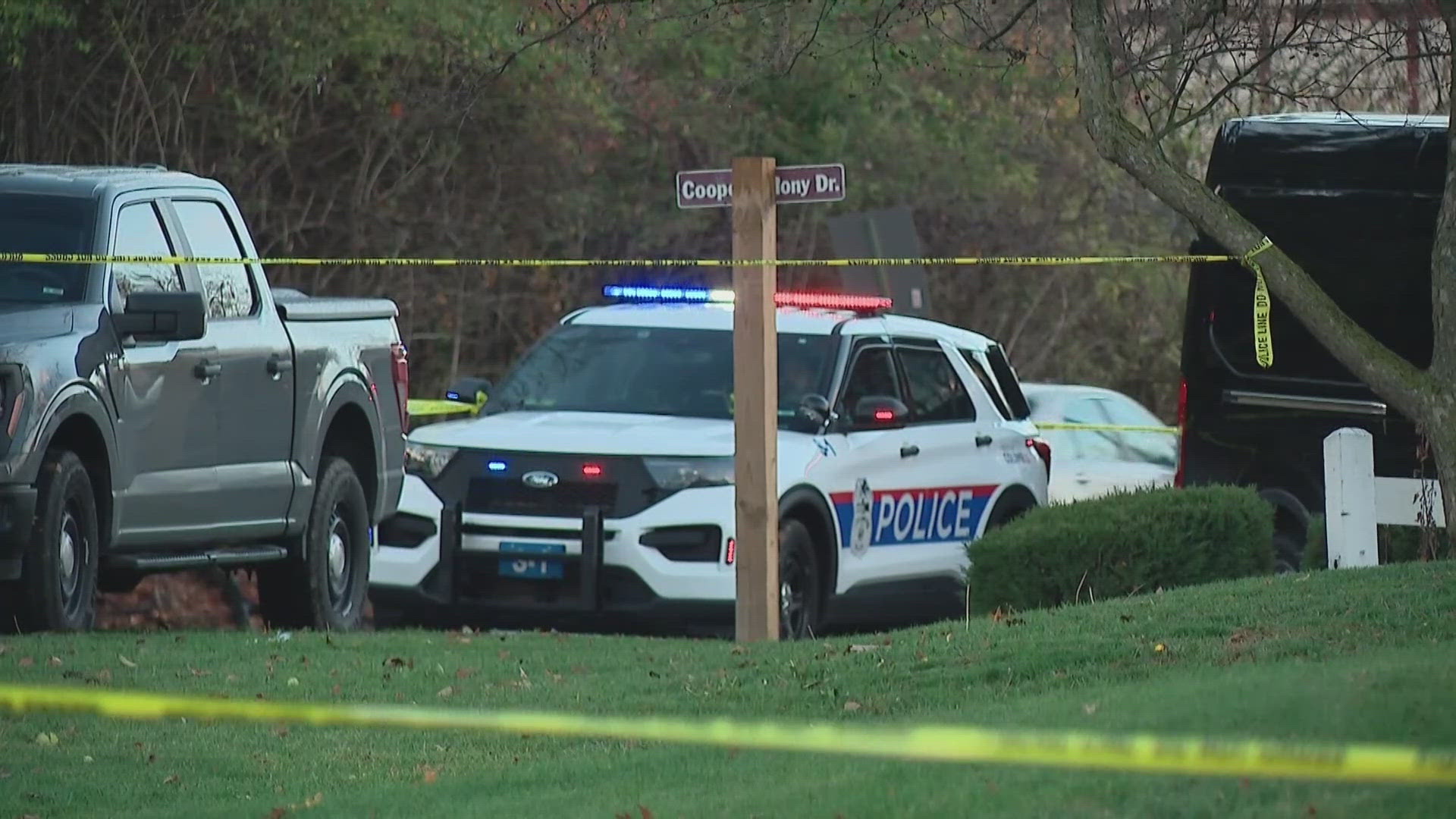MIAMI COUNTY, Ohio — Authorities in Ohio said they have closed the case on a six-decade-old homicide of a woman whose remains were found in a gravel pit and a canal channel.
Miami County Prosecutor Anthony Kendall approved closing the case based on information from a key witness to the 1964 murder of Daisy Shelton and statements from a suspect, the Miami County sheriff’s office said Friday. Both the witness and suspect are now dead.
A fisherman pulled a severed human arm from a gravel pit east of Tipp City in June of 1964, and four days later another fisherman found a burlap bag in a channel of the old Miami Erie canal containing a dismembered human torso, authorities said. A head and leg were later found in the canal.
The sheriff’s office said the remains were identified as those of 43-year-old Daisy Evelyn Shelton of Dayton, but the investigation went cold until 2017 when a witness who feared he was dying in a hospital confessed to a nurse. He later recovered and told detectives he saw someone kill Shelton by hitting her in the head with a hammer at a Dayton home. He said her body was dismembered there and discarded in bodies of water in and around Tipp City, just north of Dayton.
The person named as a suspect was interviewed by detectives and initially denied knowing Shelton despite their living on the same street and working for the same employer, but in August 2017 “reluctantly admitted” to having known the victim, the sheriff’s office said.
The suspect acknowledged that a box from his house was used to carry the victim’s remains and it was possible she was killed at his home but “asserted it was a set-up being perpetrated by the eyewitness of the crime,” the sheriff’s office said. “He admitted he looked guilty and could possibly be convicted in court,” the sheriff’s office said.
The witness testified before a grand jury but died before the case could be prosecuted, and “the suspect died in September of 2022 at the age of ninety-two,” the sheriff's office said.
The county sheriff’s office said cold-case homicides “are among the most difficult investigators confront” but revisiting cases “is a crucial aspect of bringing a sense of justice to the victim’s family, even if it comes long after the crime occurred.”



